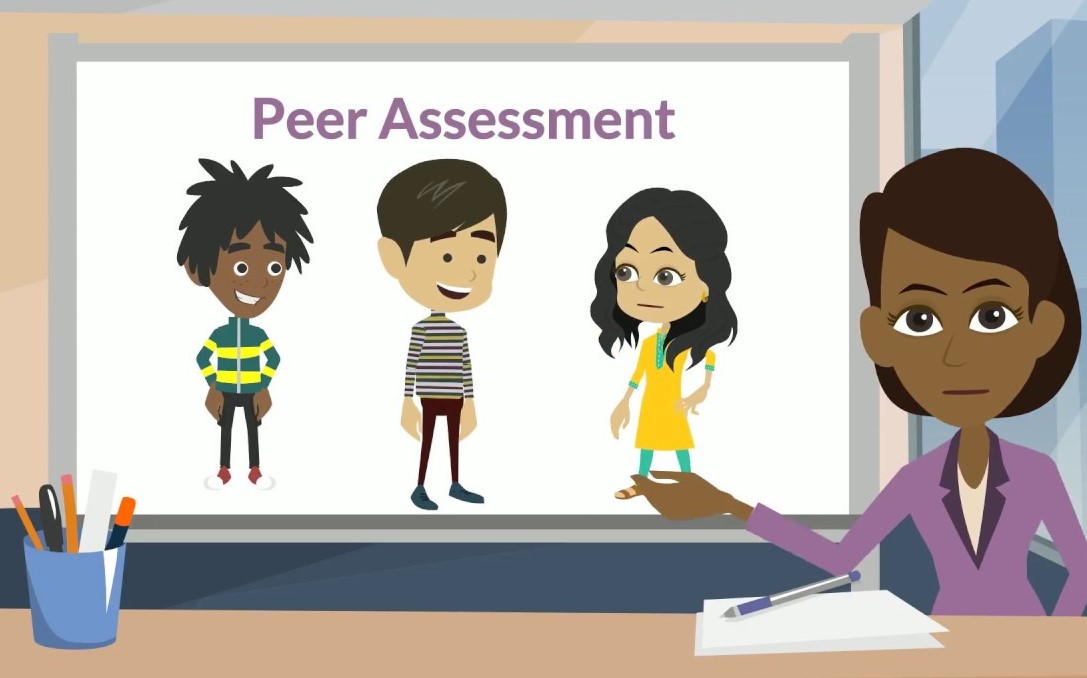
Dr. Krištof Kranjc
Assistant Professor for Organic Chemistry at the Faculty of Chemistry and Chemical Technology, University of Ljubljana (Slovenia). Research interests in the fields of cycloadditions, 2H-pyran-2-ones, reactions under high pressure and microwave chemistry. His experiences in the field of CPD activities include supervision of a Master Degree Thesis on producing mMOOCs for popularization of peer assessment.


